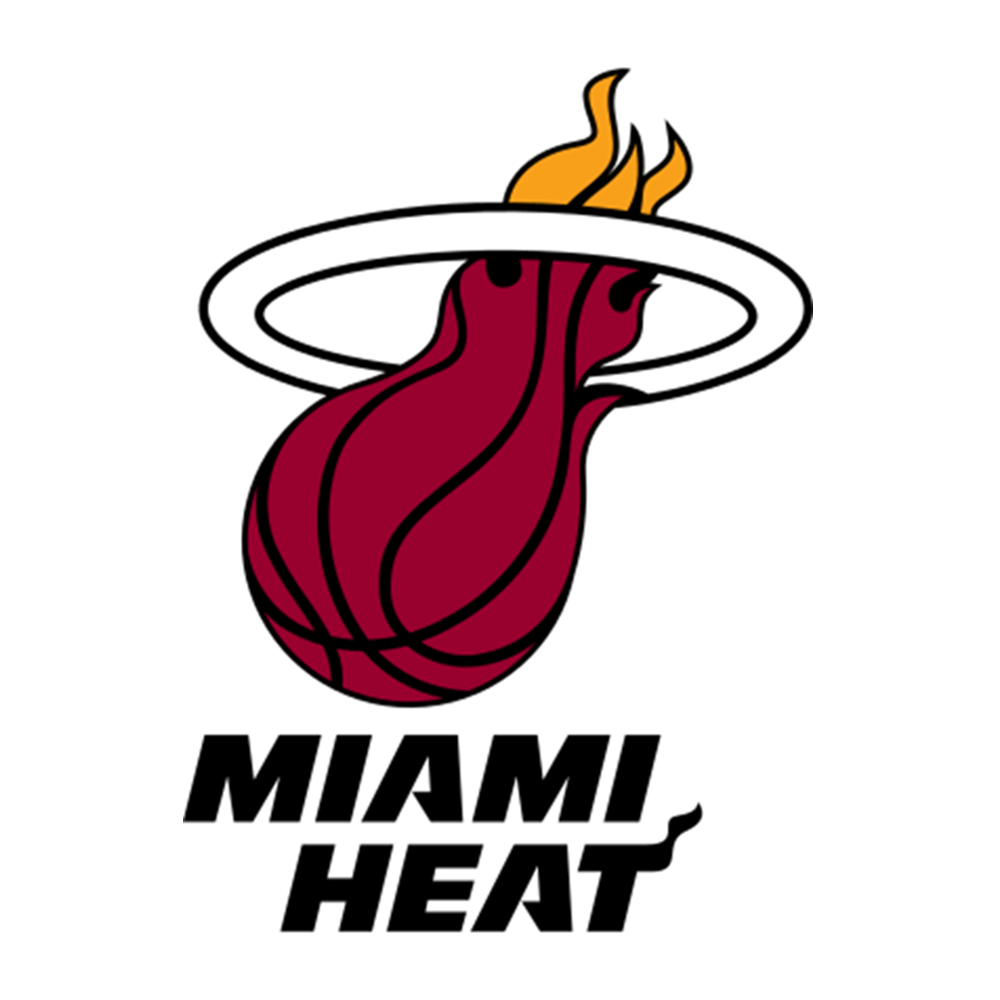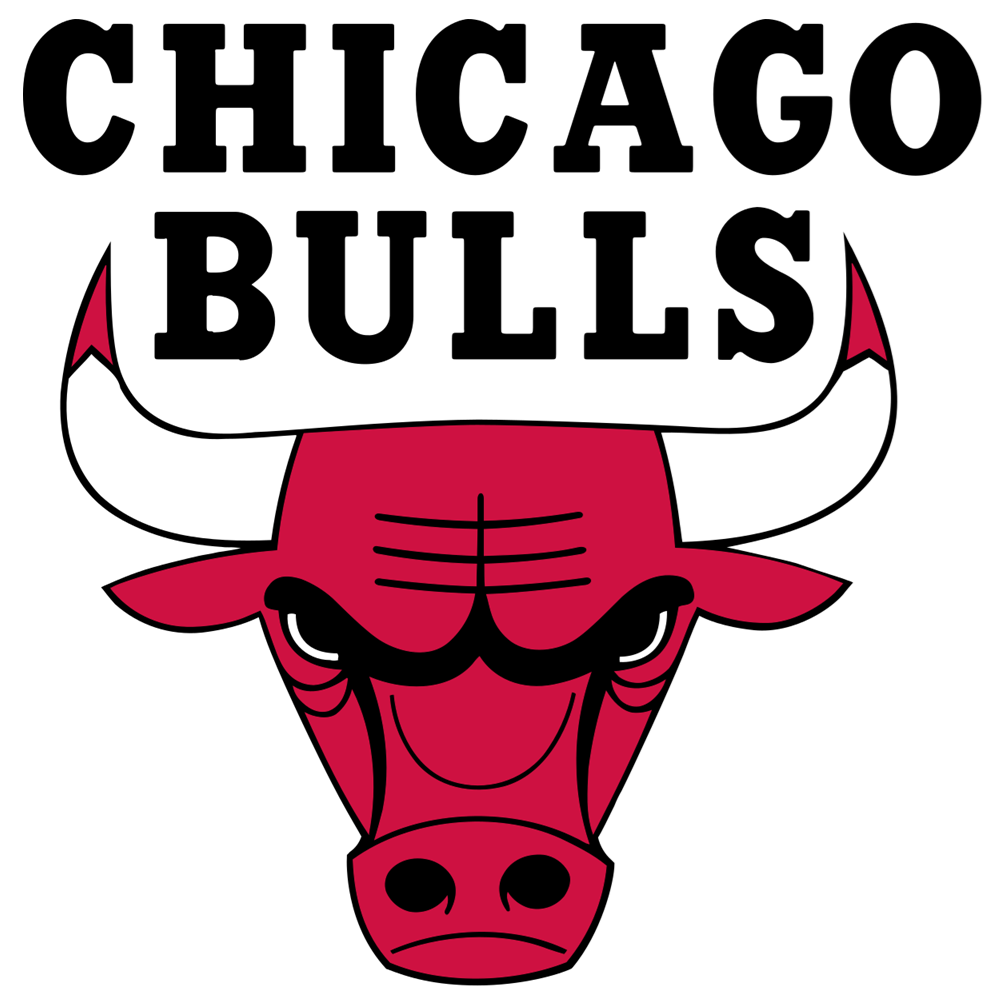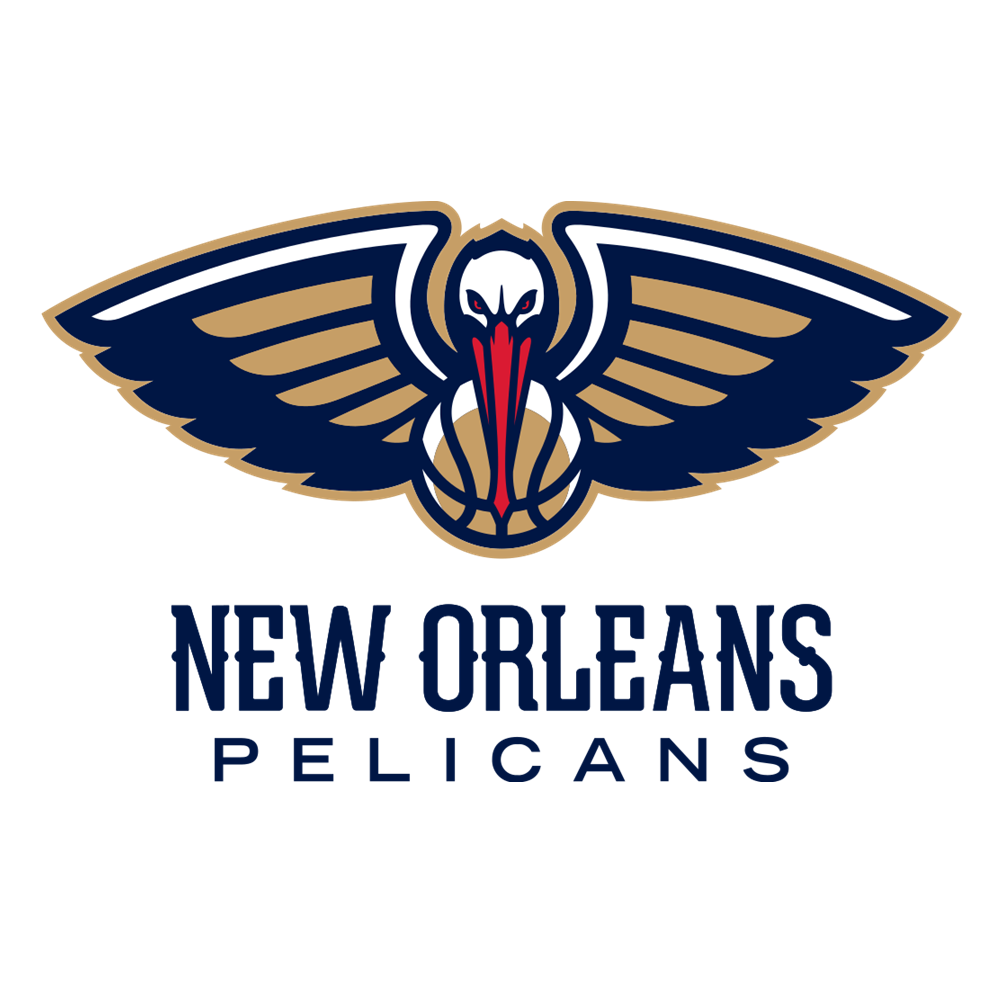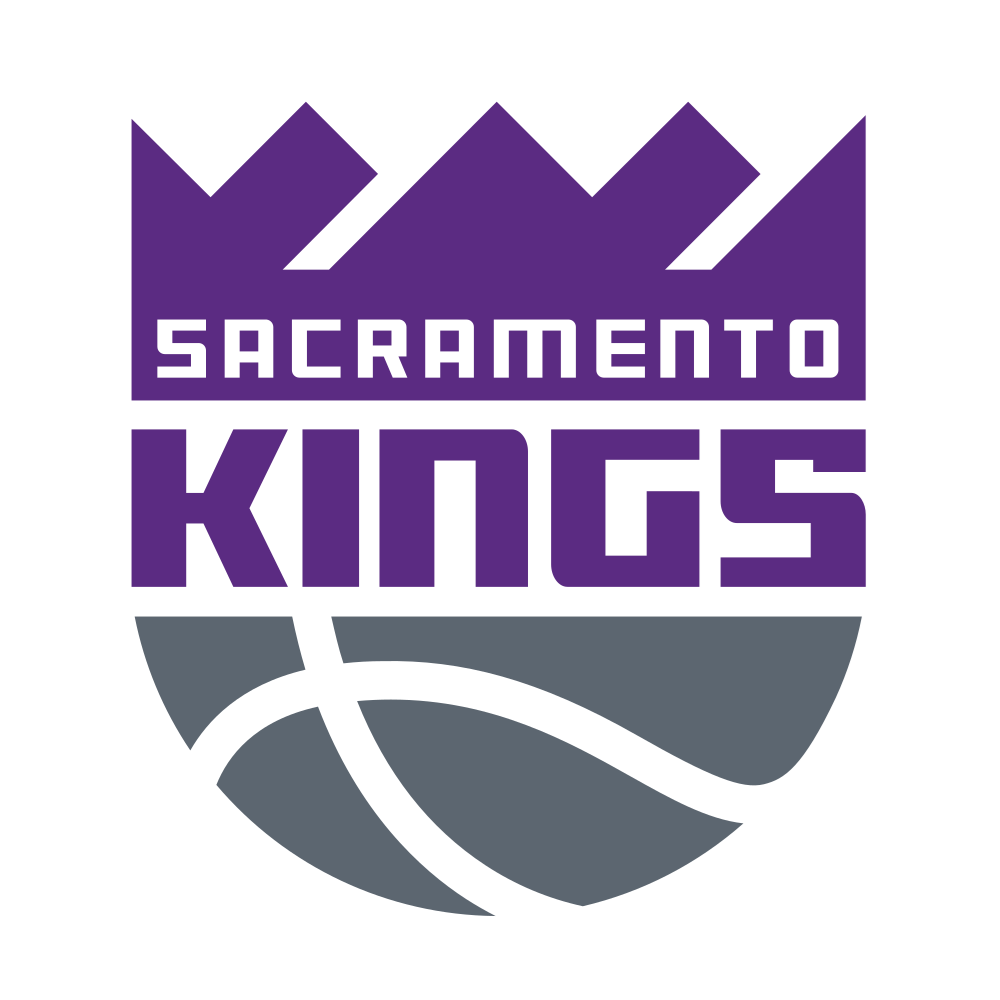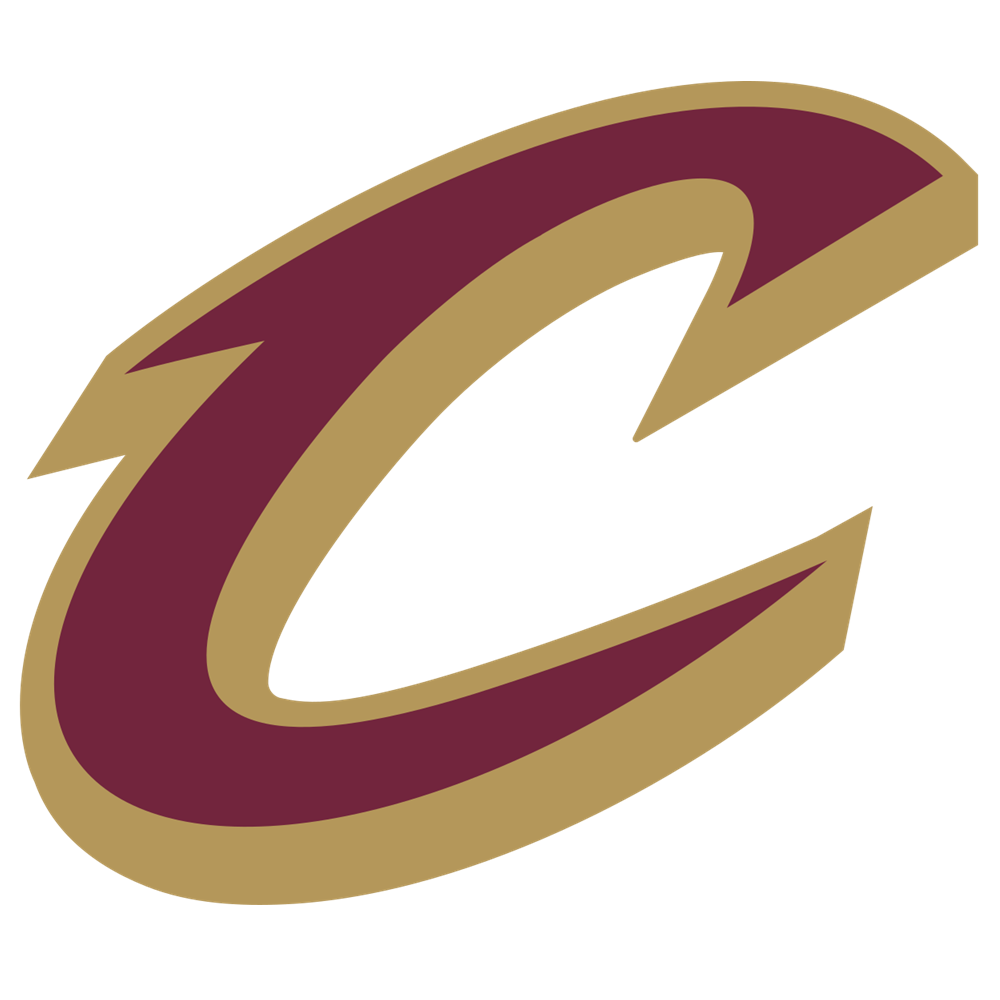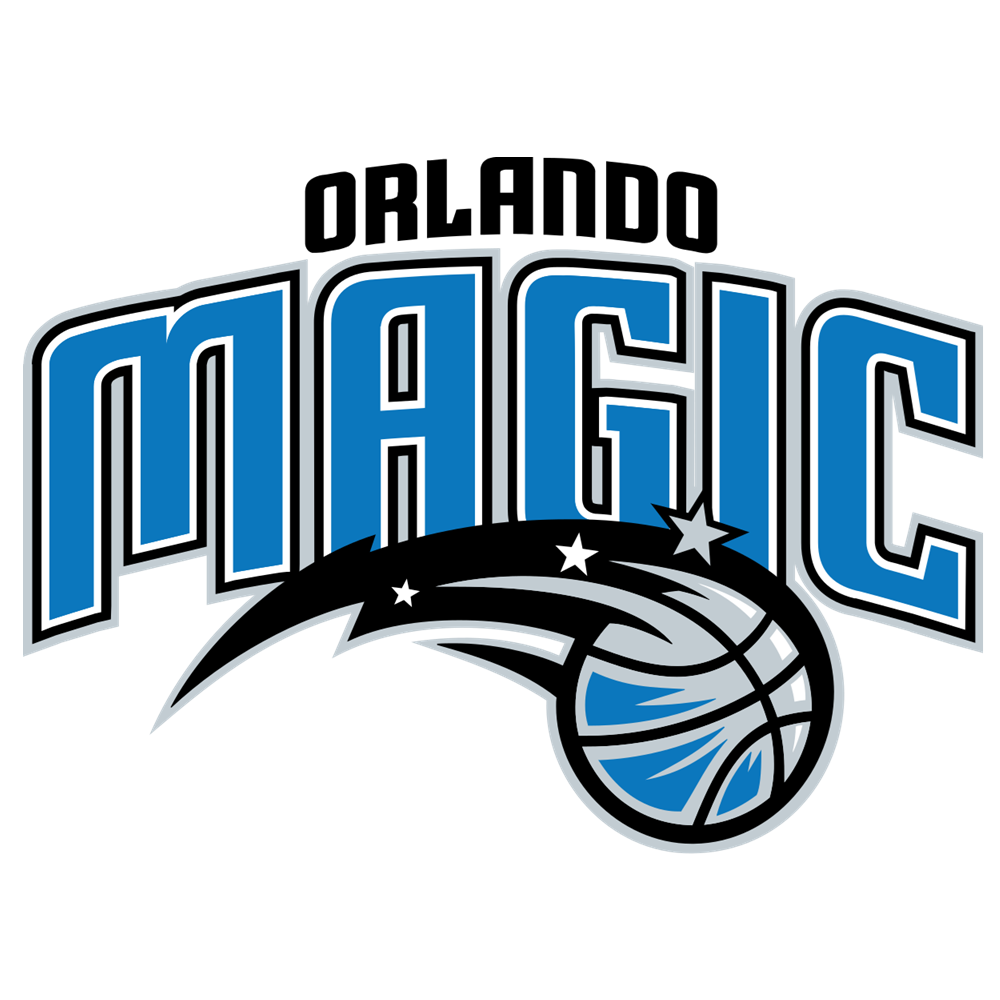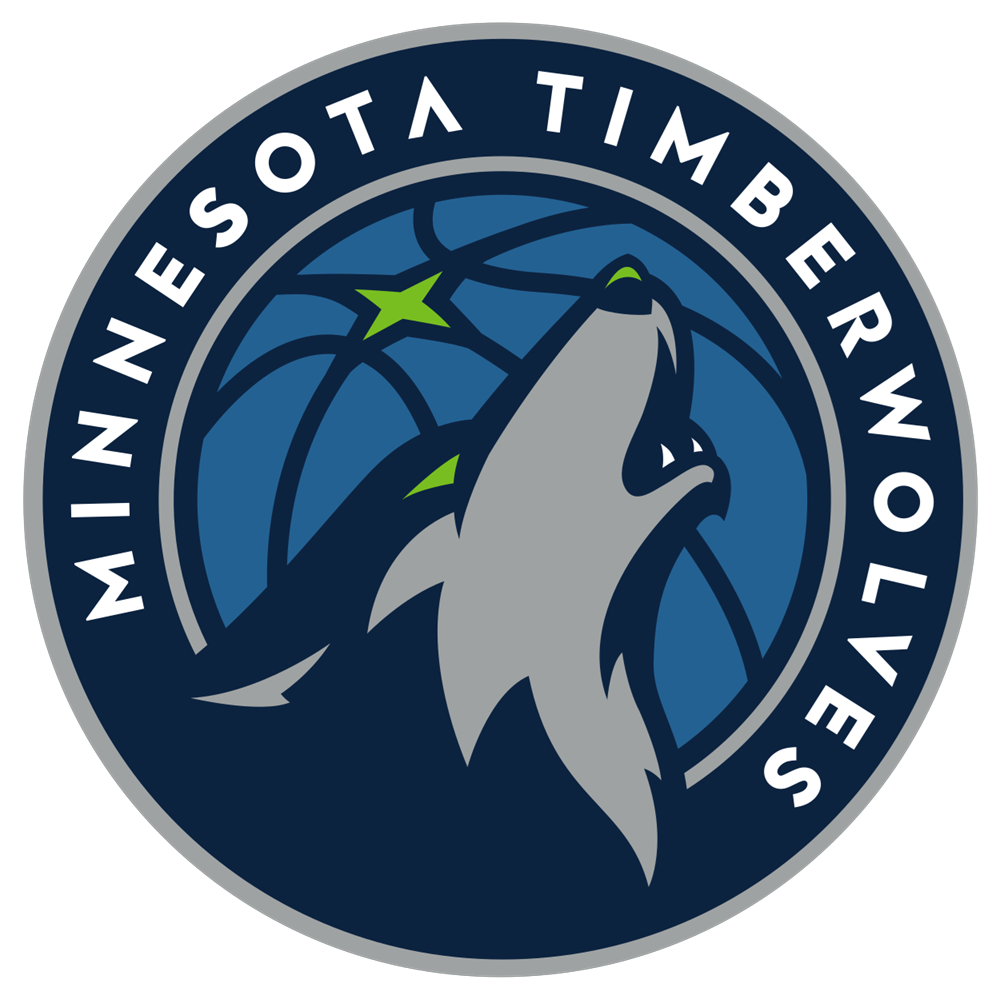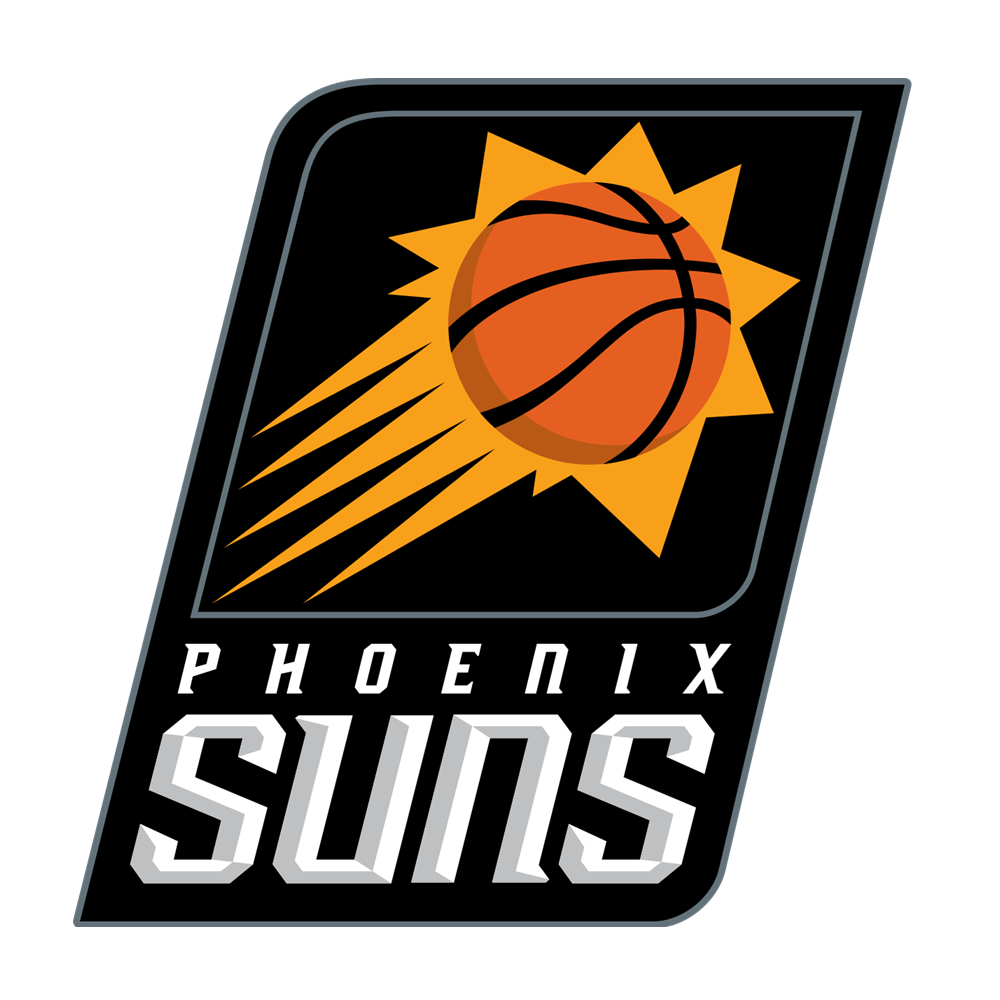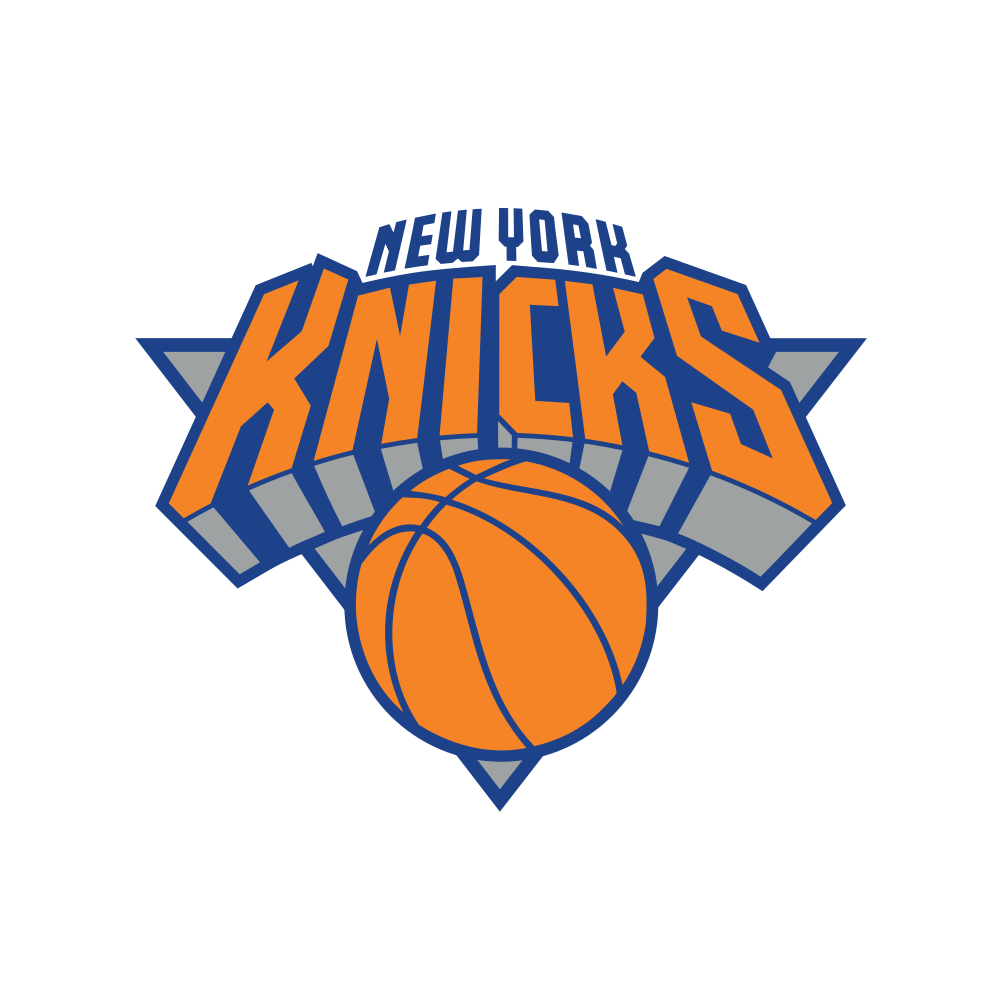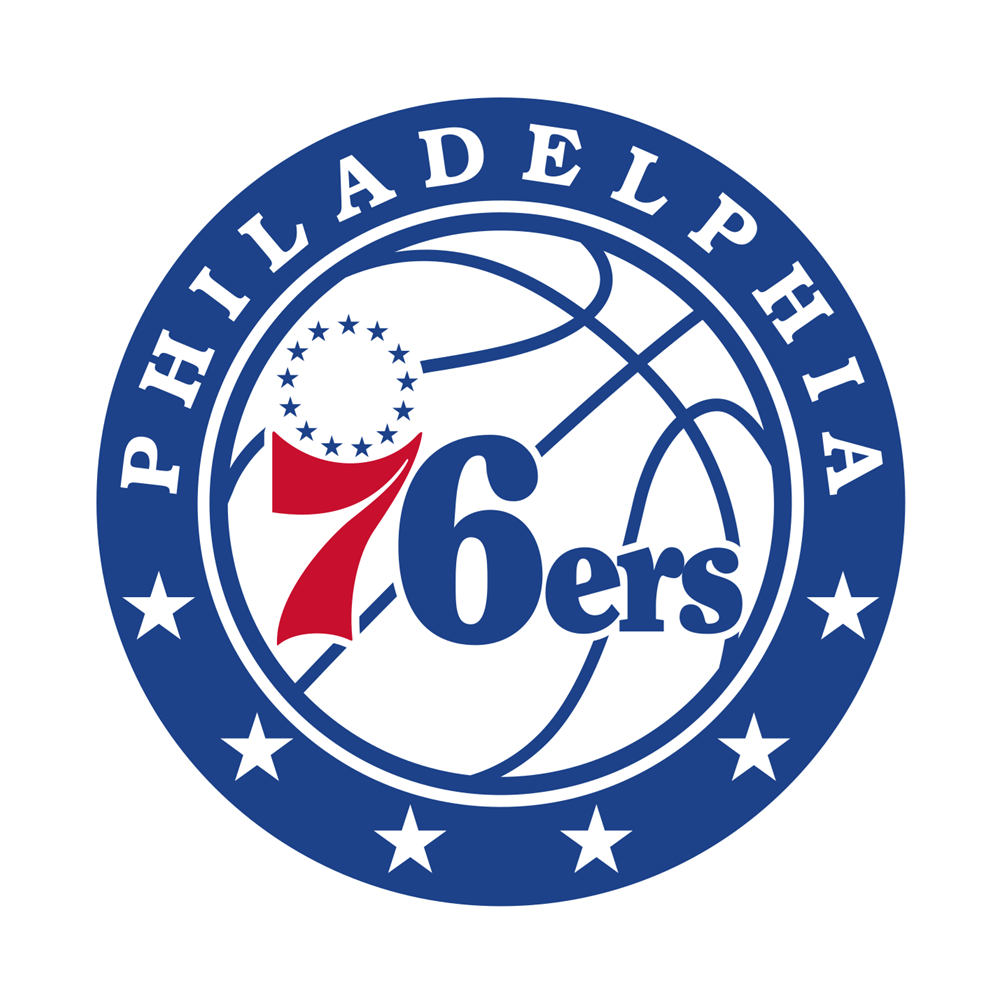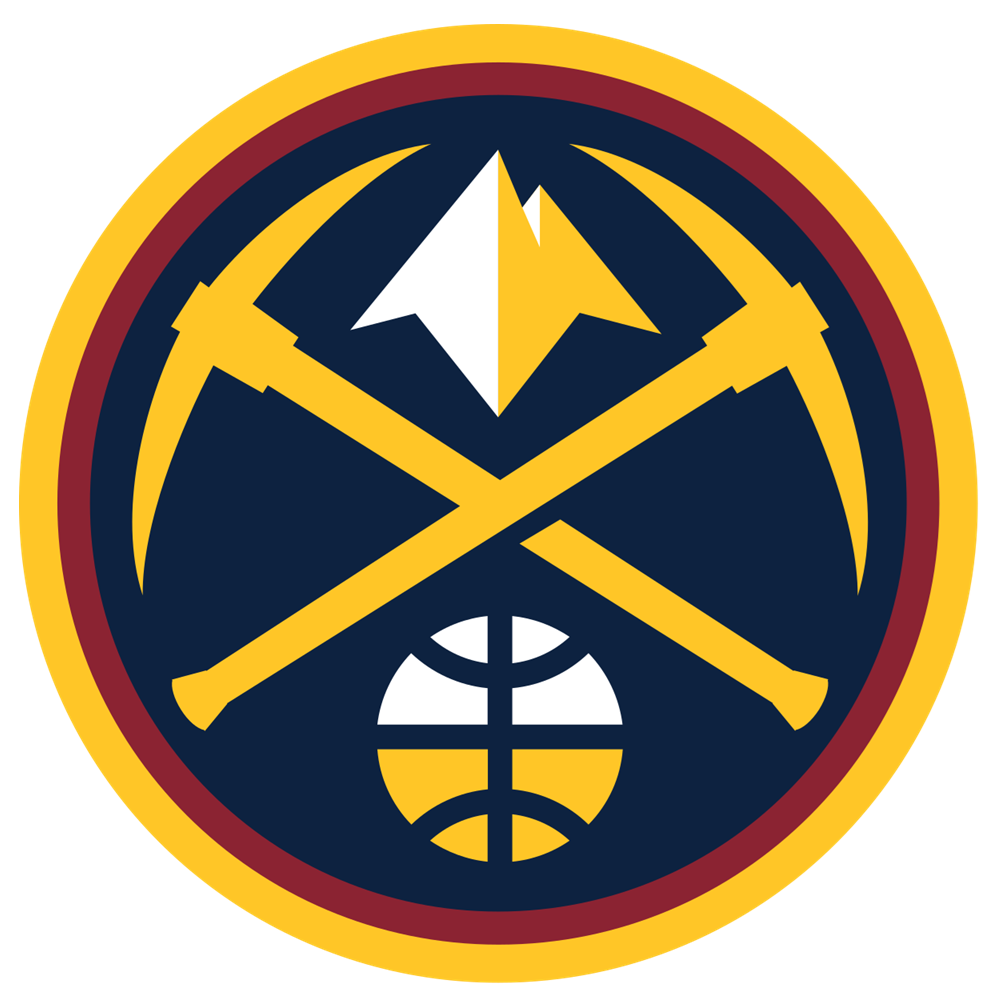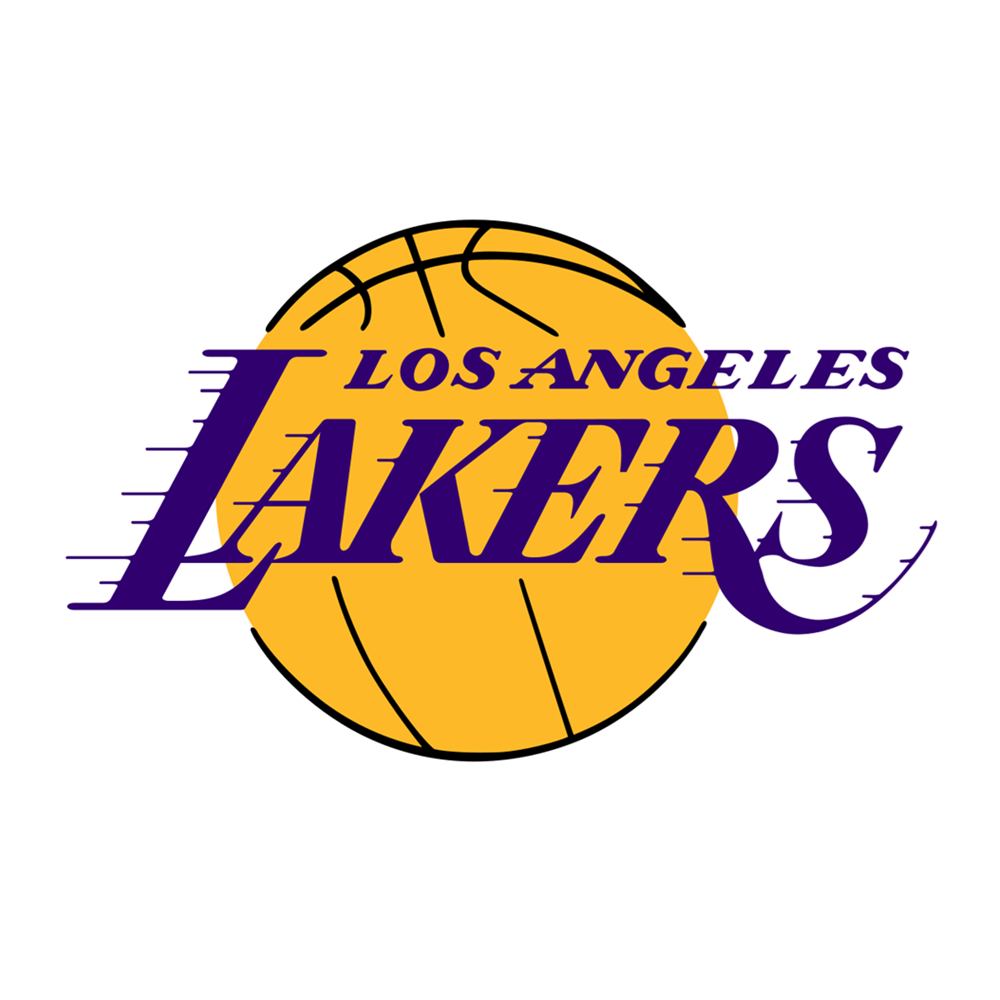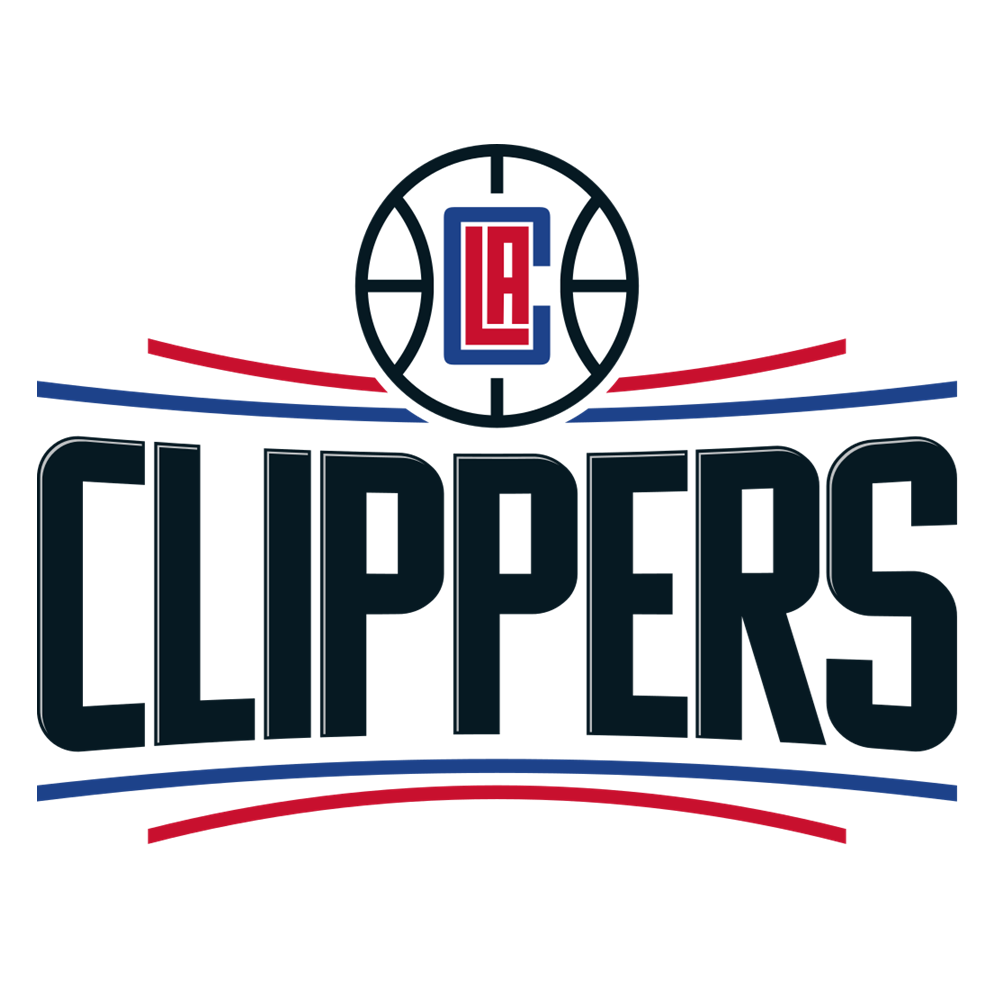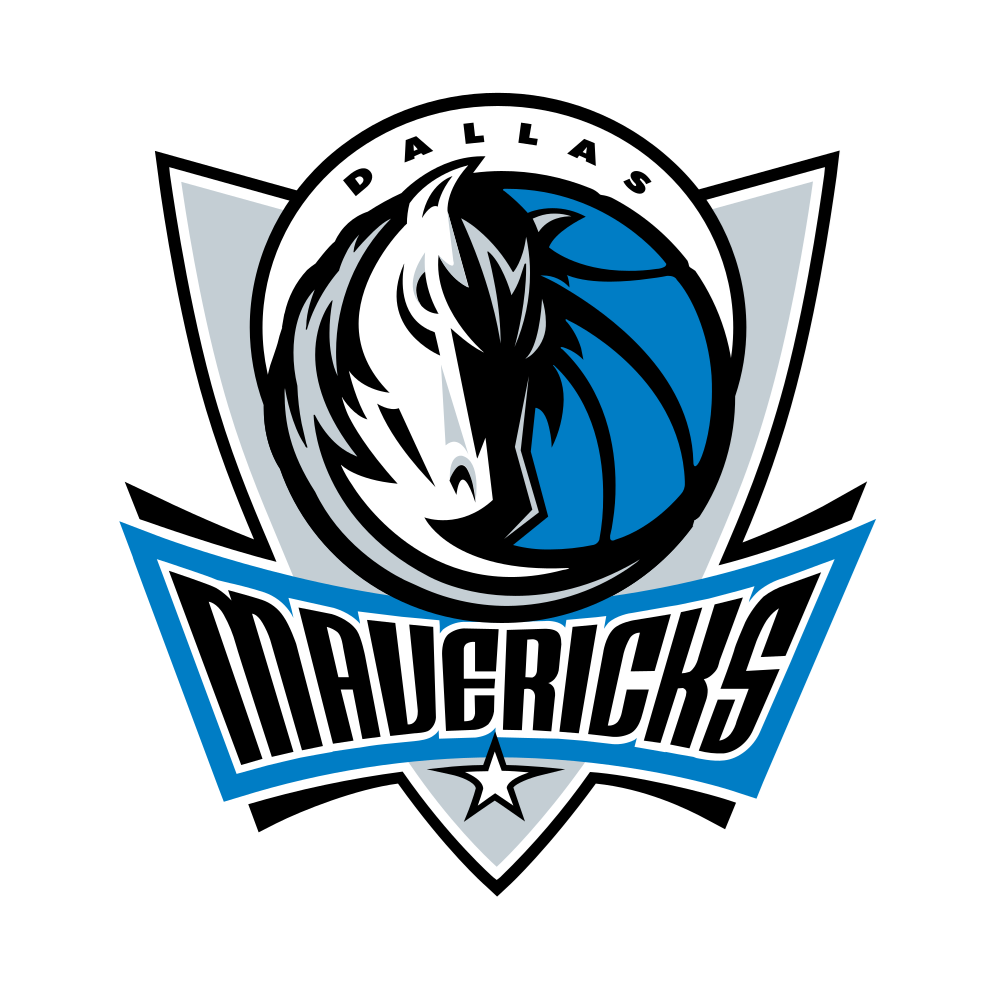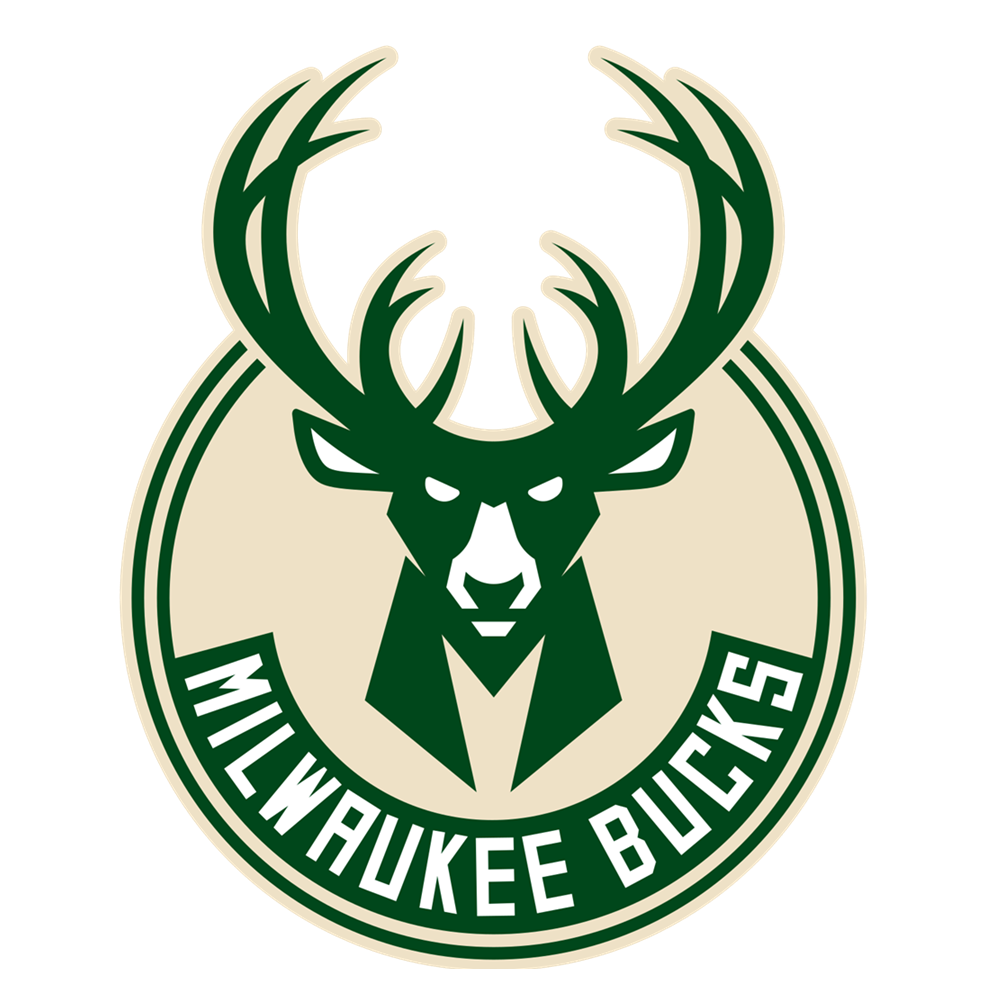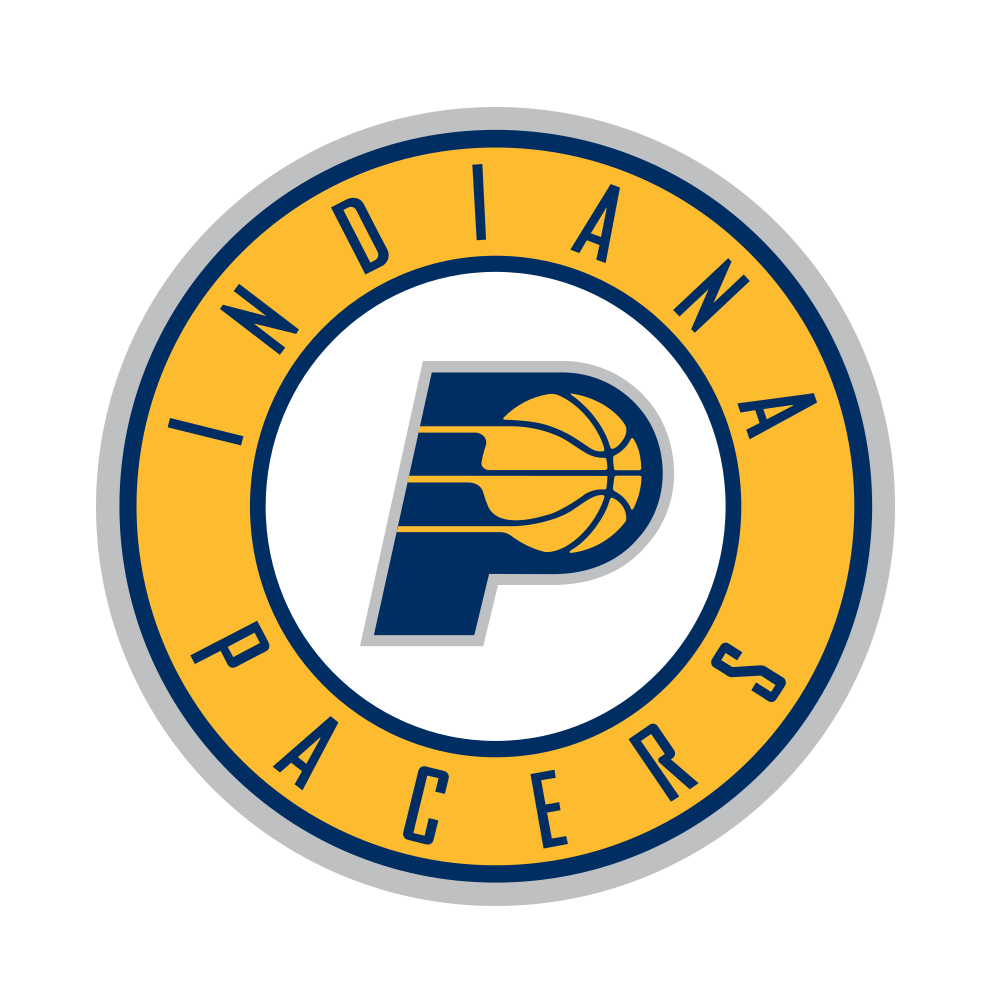During the 2018 NBA Draft last night, the Phoenix Suns had the chance to establish the foundation of their franchise for the next half-decade. Armed with the first overall pick - along with the #16, #31 and #59 selections - no team was better positioned to bolster its core than Phoenix.
But while the Suns accomplished that goal, it may not be immediately reflected in their record next season.At #1, they snagged a potential franchise center in Arizona's Deandre Ayton. Though many analysts — including both yours truly and GiveMeSport's Mark Deeks — had Real Madrid star Luka Doncic atop their big boards, the Suns' interest in Ayton was one of the draft's worst-kept secrets.Following his workout with Phoenix in early June, the 7'1", 250-pounder told reporters, "I know I'm going #1." Suns general manager Ryan McDonough didn't exactly conceal his intentions, either.
"The strength of our team right now are young perimeter players, led by Devin Booker, Josh Jackson and T.J. Warren,'' McDonough told reporters after Ayton's workout. "We've been looking for a center to kind of anchor our team offensively and defensively. We think Deandre has that kind of potential."Between his outstanding physical profile and the 20.1 points per game he averaged on 61.2% shooting during his lone season with the Wildcats, it's easy to see why the Suns were enamored with Ayton. He's the archetype of a modern-day big man offensively, as he can step out and hit three-pointers - he shot 34.3% from deep on 35 attempts this past season - or serve as a dominant pick-and-roll companion.He also envisions himself pairing well with Devin Booker, Phoenix's star two-guard.
Concerns linger about Ayton's defensive acumen, but he spent much of his time at Arizona playing out of position next to Dusan Ristic. Ayton may not step in and immediately serve as Phoenix's defensive anchor a la Joel Embiid, but he'll have a former Defensive Player of the Year in Tyson Chandler as a veteran mentor. Even if he struggles defensively at first, he could look toward DeMarcus Cousins and Karl-Anthony Towns as examples to emulate until he gets up to speed on defence.
While the Suns telegraphed their infatuation with Ayton in the weeks leading up to the draft, their plans for the #16 pick were far less obvious.
According to John Gambadoro of Arizona Sports 98.7, the Suns were planning to select Villanova guard Donte DiVincenzo with the second of their two first-round picks, but the Philadelphia 76ers presented them with a trade offer they couldn't refuse. Instead of taking DiVincenzo, they selected Texas Tech wing Zhaire Smith at #16, who they then packaged with the Miami Heat's unprotected 2021 first-round pick in exchange for the tenth overall pick, Mikal Bridges.
Parting ways with that Miami first-rounder could prove costly, especially since the NBA may nix its one-and-done rule ahead of the 2021 Draft, according to ESPN.com's Zach Lowe. "If such a change were to happen," Lowe wrote, "it could create a single draft loaded with the best prospects from two consecutive high school classes."
Bridges' upside as a 3-and-D wing may make it worthwhile for Phoenix, though.
As Duncan Smith of The Athletic noted, the Villanova product graded out well in virtually every play type on both ends of the floor as a junior, per Synergy Sports.
Bridges struggles to create offense off the dribble, but he's otherwise an increasingly lethal three-point threat, having knocked down 43.5% of his 6.0 long-range shot attempts per game as a junior. Since Booker handles a lion's share of the Suns' ball-handling and playmaking duties, Bridges may be able to slide into a role in which he's asked to do little more than space the floor and knock down open triples.
On defence, Bridges should provide an instant boost to a unit that ranked 30th league-wide last season. He isn't a lock-down isolation stopper, but his 6'7" frame and 7'2" wingspan help him contribute positively to a team-wide defensive scheme. Between Bridges and 2017 #4 overall pick Josh Jackson, the Suns now have a pair of young wing defenders who can switch between positions interchangeably and clog up passing lanes.
At #31, the Suns snagged a potential steal in French point guard Elie Okobo, who erupted for 44 points in late May against AS Monaco in France's top league. Standing at 6'3" with a 6'8" wingspan, Okobo has an NBA-ready frame, and his shooting stroke is coming around as well. After knocking down only 32.1% of his 2.6 three-point attempts per game last season, the 20-year-old shot 41.8% from deep on 4.9 attempts per game this past year.
The Suns currently have a glaring hole at the point, as Elfrid Payton is soon to be a restricted free agent and Brandon Knight is recovering from a torn ACL. According to Gambadoro, Phoenix anticipates bringing Okobo over immediately, where he's likely to compete with Knight and Tyler Ulis for backup minutes right away. If the Suns don't bring in a stopgap starter in free agency, Okobo could have a chance to make a significant impact as a rookie.
In Ayton, Bridges and Okobo, Phoenix has three more pieces to add to its young foundation. While the jury remains out on the Suns' pair of top-10 picks from the 2016 draft, Dragan Bender (#4) and Marquese Chriss (#8), the trio of Bender, Jackson and T.J. Warren should pair well with the newcomers.
The Suns will now turn their attention to free agency, where they could carve out upward of $18 million in salary-cap space by renouncing the rights to their free agents and waiving their players on non-guaranteed contracts (Tyler Ulis, Davon Reed and Shaquille Harrison). That won't be enough cap room to get them a meeting with a star such as LeBron James or Paul George, but it could help them address their void at the point. Marcus Smart or Dante Exum, for instance, are both two-way players young enough to grow alongside Phoenix's core, while Fred VanVleet showed promising flashes in Toronto this past season.
Regardless of whatever additional moves the Suns make this offseason, a playoff berth in 2018-19 will be an uphill climb. The Western Conference remains as cut-throat as ever, and that's before considering the possibility of a super team arising overnight in Los Angeles. But with the Suns having gone a combined 68-178 over the past three seasons, McDonough hinted in late May that it was time for them to begin taking a step forward.
"I think if you don't [rebuild] for that amount of time, it's hard to accumulate enough young talent to build and grow for a sustainable period of time," he said during ESPN2's draft combine special. "If you rebuild for longer than three years, then the losing, I think, hurts your culture, and that seeps in a little bit."
For now, Ayton, Booker, Jackson and Bridges give the Suns one of the NBA's more intriguing young cores, especially after factoring in Warren, Bender, Chriss and Okobo. When Chandler and Jared Dudley's contracts expire following the 2018-19 season, Phoenix may have the foundation in place to make a serious push back toward relevance.
